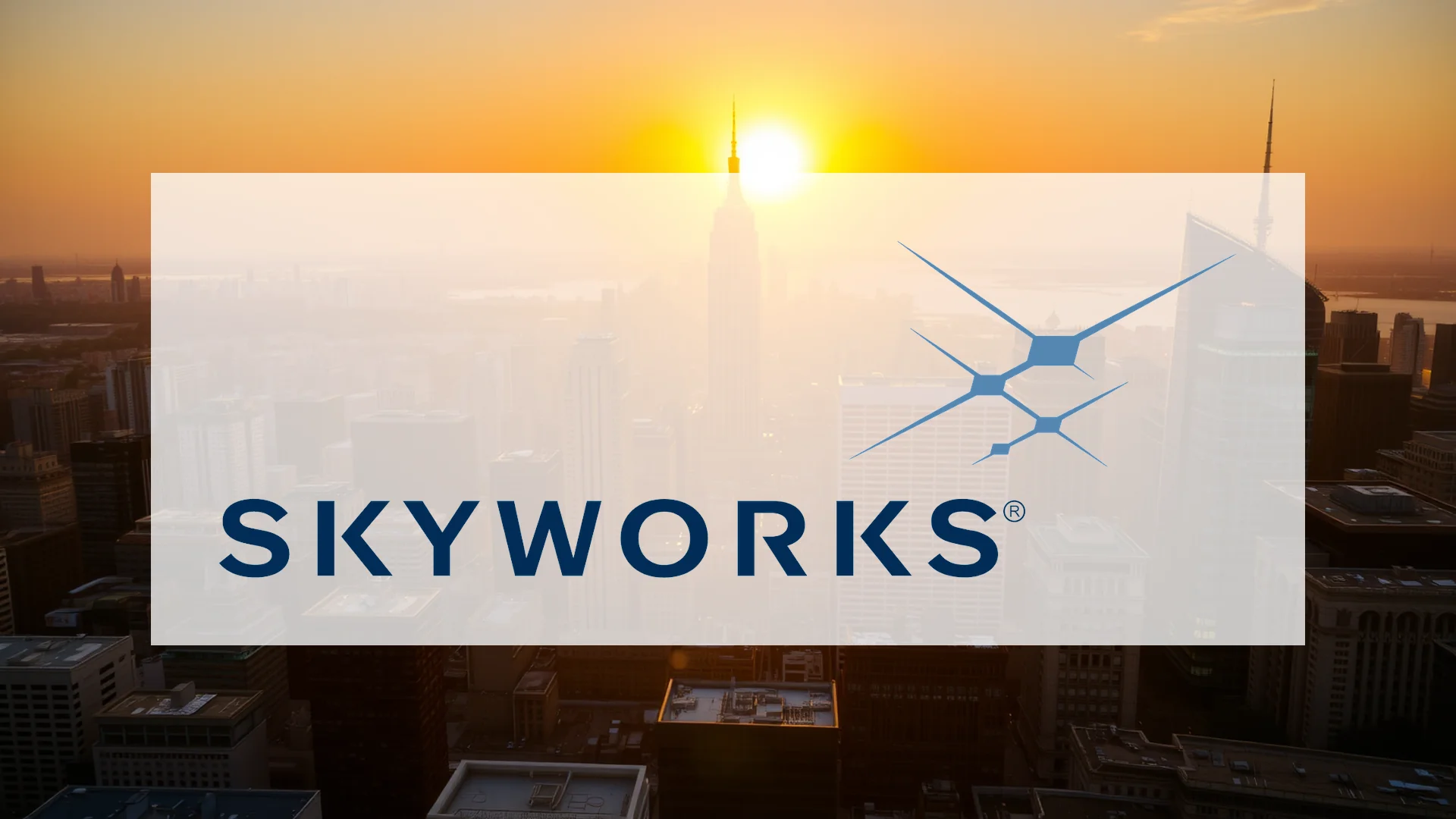A landmark consolidation is underway in the radio frequency semiconductor sector, with Skyworks Solutions’ proposed acquisition of Qorvo generating renewed analyst interest and market momentum. This strategic move promises to create an industry behemoth, though questions remain about whether the transaction can deliver on its ambitious potential.
Quarterly Performance Exceeds Projections
Beyond the merger excitement, Skyworks’ fundamental business performance provides solid footing. The company’s November 4 earnings release revealed stronger-than-anticipated results, with revenue reaching $1.10 billion and earnings per share of $1.76. Both metrics comfortably surpassed market expectations. Looking forward, the company’s guidance for the first quarter of 2026 also exceeds consensus estimates, indicating management confidence in near-term prospects.
Analyst Sentiment Shifts Following Deal Announcement
Market experts are recalibrating their assessments of Skyworks in the wake of the proposed combination. Mizuho Securities upgraded its rating on Monday, moving from “Underperform” to “Neutral” while simultaneously raising its price target from $65 to $73. The Japanese investment bank cited the planned $22 billion merger with Qorvo as the primary catalyst, noting the transaction would establish the world’s largest RF semiconductor provider.
The strategic rationale appears compelling:
– Combined entity would command over 25% market share in RF semiconductors
– Projected annual cost synergies of $500 million
– Full realization expected within 24-36 months post-closing
This positive reassessment isn’t isolated. Since the late October merger announcement, multiple financial institutions including Citi, KeyBanc, and Barclays have adjusted their positions on Skyworks, suggesting growing market recognition of the consolidation’s strategic benefits.
Strategic Diversification Represents Key Advantage
Perhaps the most significant aspect of the merger involves Skyworks’ strategic repositioning. Historically dependent on cyclical smartphone markets—particularly major customer Apple—the combined company aims to establish a substantial $2.6 billion broad-market business.
Should investors sell immediately? Or is it worth buying Skyworks?
Target sectors represent high-growth technology domains:
– Defense and aerospace applications
– Edge IoT and artificial intelligence data centers
– Automotive electronics
By merging complementary product portfolios and engineering expertise, the new entity would emerge not merely larger but fundamentally more resilient to market fluctuations.
Integration Challenges Lie Ahead
Despite the optimistic outlook, significant hurdles remain before the merger’s potential can be fully realized. The transaction isn’t scheduled for completion until early 2027, pending regulatory approvals and shareholder consent from both corporations.
The true test will commence post-closing: Can Skyworks successfully capture the promised $500 million in synergies? Will the transition to a diversified technology provider proceed smoothly?
Although Skyworks shares currently trade approximately 14% below their yearly peak, the strategic direction appears well-defined. The Qorvo acquisition could ultimately liberate Skyworks from its historical dependence on smartphone markets. The critical question for investors remains whether current valuations fully reflect this transformational potential or if additional upside exists as execution risks diminish.
Ad
Skyworks Stock: Buy or Sell?! New Skyworks Analysis from February 7 delivers the answer:
The latest Skyworks figures speak for themselves: Urgent action needed for Skyworks investors. Is it worth buying or should you sell? Find out what to do now in the current free analysis from February 7.
Skyworks: Buy or sell? Read more here...










